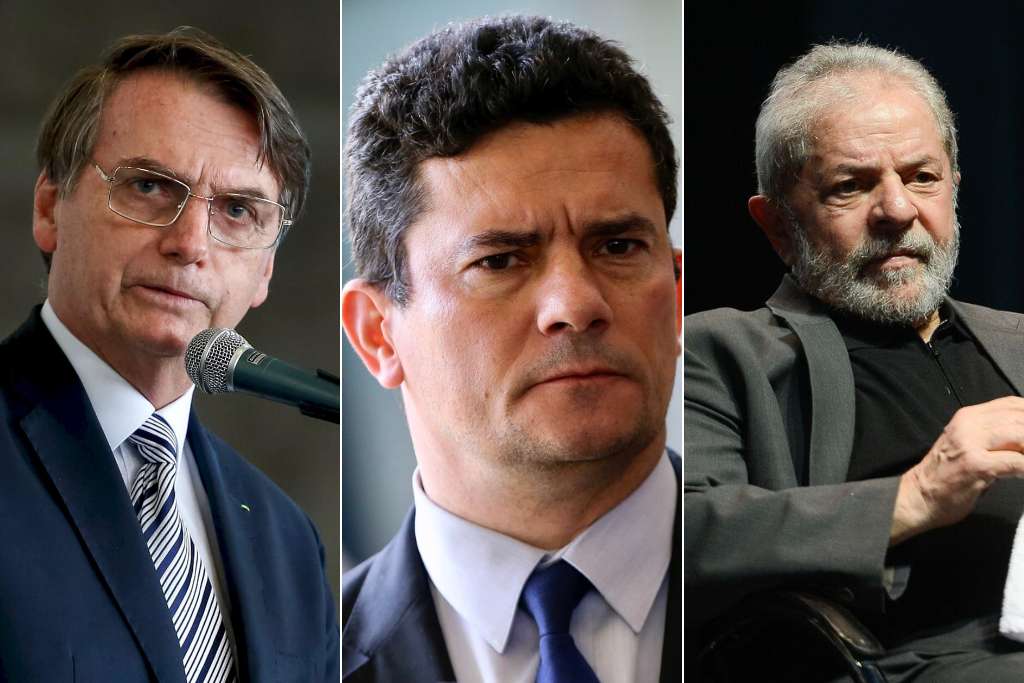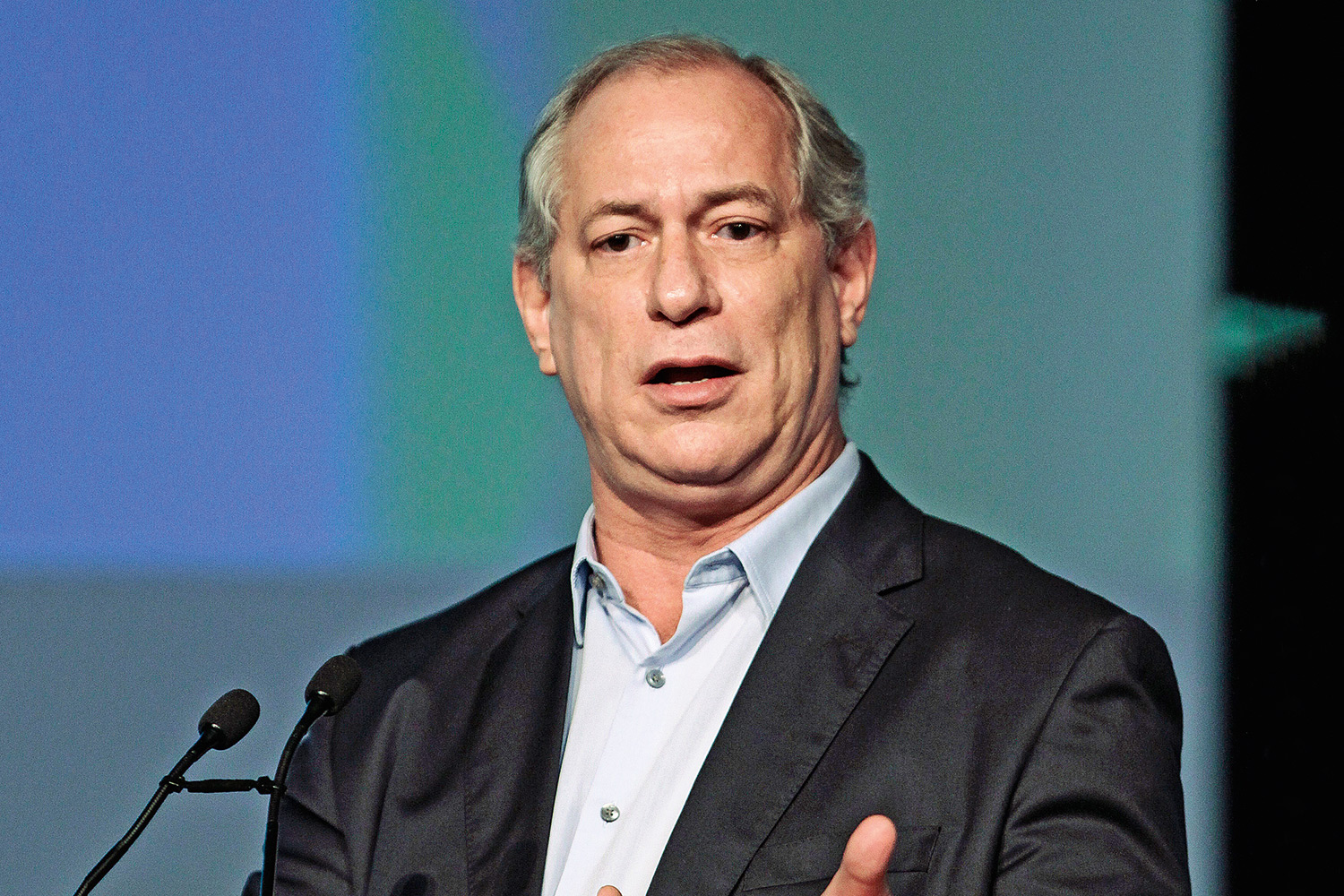RIO DE JANEIRO, BRAZIL – The presidential elections in Brazil in October 2022 are still a long way off, but the country has long since entered the electoral campaign climate.
At the moment, former president Luiz Inácio Lula da Silva (2003-2011) appears as the clear favorite, far ahead of President Jair Bolsonaro, but analysts warn: that is today’s picture.
“Lula is the favorite, polls show that he would beat any candidate in the runoff, but the campaign has not yet started. Anything can happen,” Sérgio Praça, a doctor in political science and professor at the Getúlio Vargas Foundation, told Sputnik Agency.
According to a poll released in early December by Quaest, Lula (55% of the votes) would beat Bolsonaro (31%) with a wide lead, which he also maintains in the first round. Some polls suggest that he could win even in the first ballot, for which he would need half of the valid votes (discounting blank and null votes).

Lula has not yet confirmed his presidential candidacy, but it is an open secret. He says he will announce it “between February and March”. For the time being, he is dedicated to weaving political alliances with all political parties ranging from the center-right to the radical left. His goal is to create the broadest possible front.
Within this strategy of presenting himself as the candidate of “democracy” against “barbarism”, Lula rehearses these days a twist that left more than one jaw-dropped. He is negotiating that his vice-presidential candidate will be Geraldo Alckmin, former governor of São Paulo and one of the heavyweights of the Brazilian Social Democracy Party (PSDB), the classic party of the moderate right in Brazil.
For decades, the Workers’ Party (PT)-PSDB rivalry was the driving force behind Brazil’s elections. Still, Lula believes that the current moment is historic and calls for leaving old quarrels behind for the good of Brazil. Lula and Alckmin clashed in the presidential elections but always maintained a relationship of mutual respect.
“Within PT, there is some resistance, but whatever Lula wants to happen will happen. It would be very good for both of them. It would be a sign that he would not make a government like Dilma’s (2011-2016),” says Praça, who believes that the main objective of such an “unnatural” alliance would be to send a message of tranquility to the financial market.
Bolsonaro loses support
Meanwhile, Bolsonaro also moves chips in search of reelection. After two years without belonging to any party, he joined the Liberal Party (PL) to ensure that he would have a sufficient budget and free electoral propaganda space on television.
It is always essential, but even more so considering that the magnifying glass will dominate the 2022 elections in the face of fake news, which in 2018 contributed decisively to propel the conservative leader to the Planalto Palace. Judge Alexandre de Moraes, who will preside over the Superior Electoral Court during the elections, ruthlessly warned that whoever spreads fake news will go to jail.
At the moment, Bolsonaro has it tough. The economy is not taking off (Brazil entered a technical recession after GDP fell 0.1% in the third quarter), there are more than 13 million unemployed, inflation is still out of control, and the most serious: more than 19 million Brazilians are going hungry.
The promised “V-shaped” recovery that was to come with the easing of the pandemic is not being felt on the streets, and for the first time during his mandate Bolsonaro has less than a third of approval; only 19% consider his government good, according to an Atlas poll at the end of November.

In search of a third option
Faced with this panorama, many seek to present themselves as the “third way”: neither Lula nor Bolsonaro. The truth is that many Brazilians want new faces but do not seem enthusiastic about new candidates. The frontrunner, former judge and Bolsonaro’s ex-minister Sérgio Moro, has between 10 and 11% of votes, according to Quaest.
Still, Praça believes it is too early to call him dead. “If Moro starts to be a viable candidate in the coming months, allying himself with the PSDB, for example, things will get worse for Bolsonaro because there are people who do not want to vote for Lula in any way but who also reject Bolsonaro,” he notes.
Who does seem sentenced is Ciro Gomes (Democratic Labor Party), a well-known name of the center-left who wanted to be the alternative by harshly attacking Lula. This strategy did not bear the expected fruits so far. Moro has already surpassed him on the third step of the podium.
“There is no space for two left-wing candidates. Lula already occupies that space, and now Moro will compete to be the alternative to Bolsonaro on the right,” considers the analyst.
These days, other candidates make grandiloquent speeches but have hardly any popular appeal and seem destined to oblivion.
A paradigmatic case is that of the governor of São Paulo, João Doria, who has long presented himself as the alternative to Bolsonarismo (even though in 2018 he was an enthusiast of the current president) but who fails to take off in the polls.
Other center-right pre-candidates, such as Senator Simone Tebet (Democratic Movement of Brazil) or Senate President Rodrigo Pacheco, are great unknowns to the average Brazilian. Instead, their candidacies serve the parties to auction their support to the leading candidates at a better price and will foreseeably be withdrawn as the elections draw nearer.

